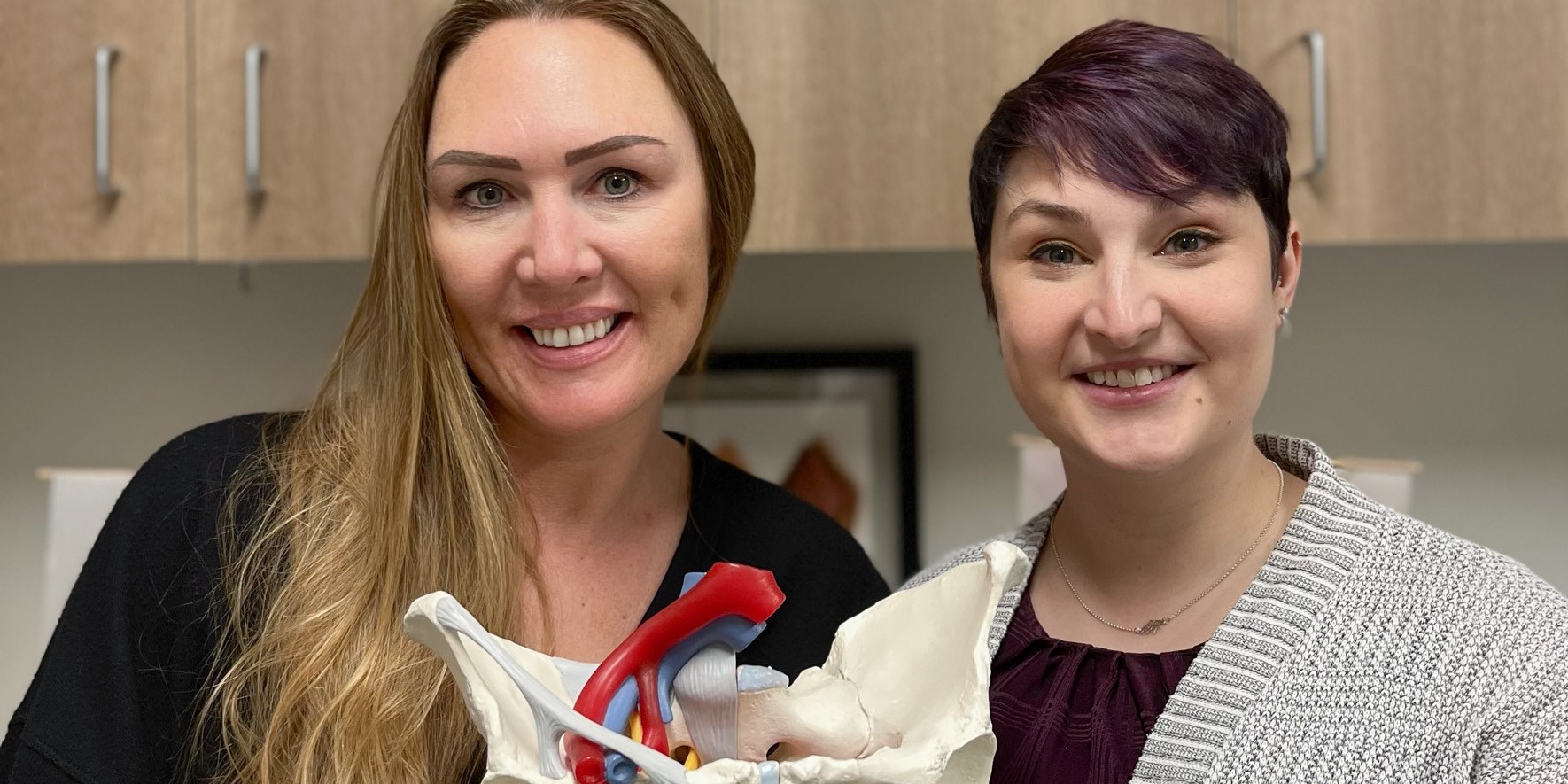Yoga for Depression

A recent literature review addressing the effectiveness of yoga for depression reports that the positive findings are promising. The 2007 National Health Interview Survey (NHIS) found that yoga was one of the top 10 complementary health approaches used among adults in the United States. (The linked page for the NHIS also includes a video of the scientific results of yoga for health.)
Yoga is not only about bodies bending- ancient yoga traditions offer physical, mental, and spiritual techniques that are designed to be holistic in nature. Many instructors in the US focus on the many physical benefits of yoga, yet there are many types of yoga, many instructors with varied levels of training, and many health issues that require an individualized program of yoga therapy. In relation to the potential effects of yoga on depressive symptoms, theories in neurobiology point to the potential positive effects on the HPA (hypothalamic-pituitary-adrenal) axis, according to the linked article by Lila Louie.
While none of the articles described in the literature review are specific to the one patient group or population, the subjects studied include incarcerated women, older patients, university students, and patients from the general population who struggle with depression. One group of patients known to be at risk for severe depression is postpartum women. The definition of postpartum varies, and a generous definition may include any issue that, once imparted in a postpartum period and left unaddressed, could persist throughout a woman's lifetime. This is commonly seen in the clinic as uncorrected postural dysfunction, pelvic floor dysfunction, or gait changes, for example.
Because both yoga and exercise "appear to ameliorate depression," the author of the literature review states that motivation and compliance towards either modality should be considered during treatment planning for patients. Louie further states that yoga practice of asanas is safe, cost-effective, versatile, and can be used on its own or as an adjunct to medication. If you would like to learn more about the use of yoga for the postpartum population, sign up for Ginger Garner's continuing education course: Yoga as Medicine for Labor and Delivery and Postpartum offered in Seattle in August. To read about Ginger's Yoga as Medicine for Pregnancy course, click here.
By accepting you will be accessing a service provided by a third-party external to https://hermanwallace.com/







































